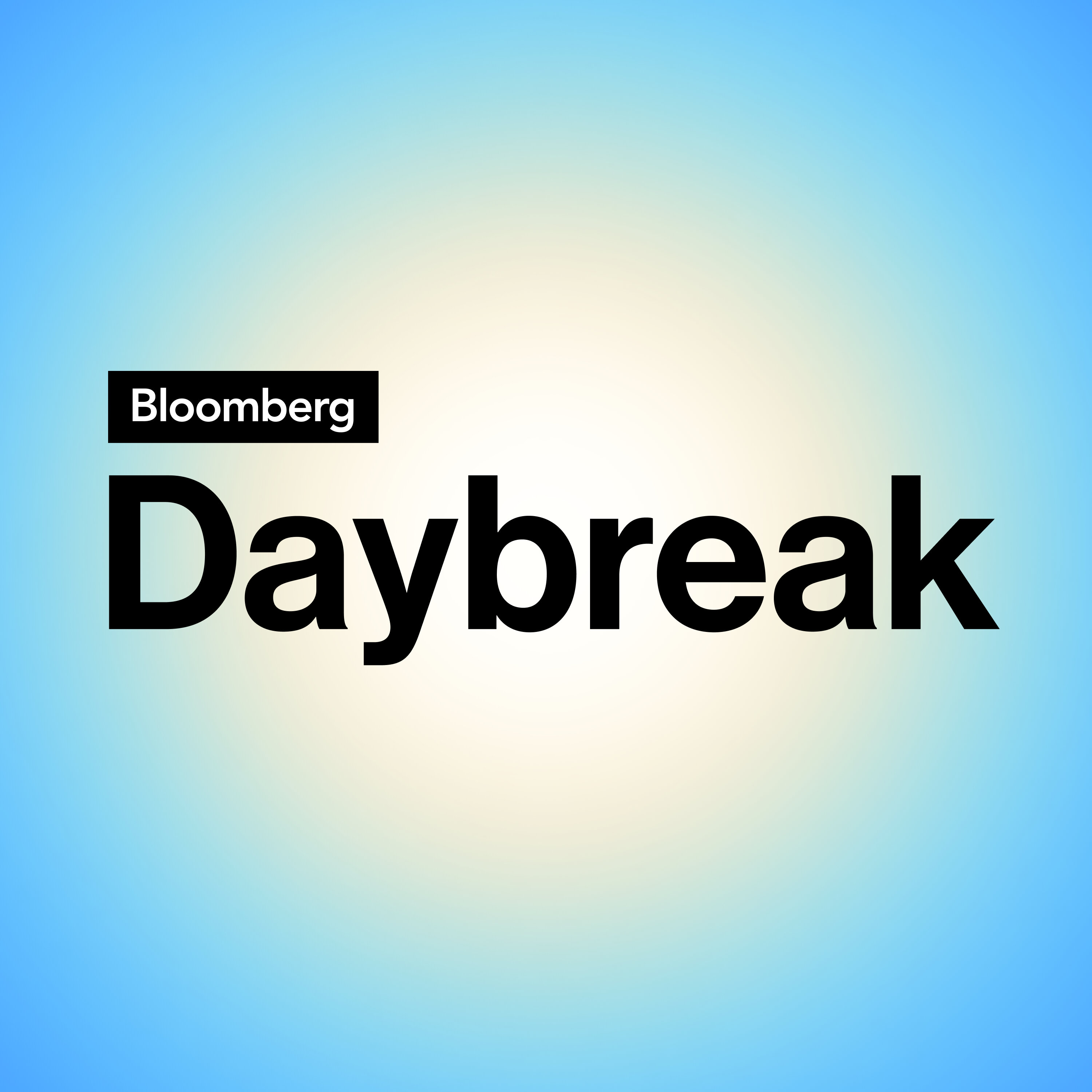
Instant Reaction: House Passes Funding Bill

Bloomberg Daybreak: US Edition
Deep Dive
What was the vote tally for the stopgap funding measure passed by the House?
The House passed the stopgap funding measure with 366 votes in favor and 34 votes against. Notably, all 34 votes against came from Republicans, with 196 Democrats and 170 Republicans voting in favor.
Why did Democrats support the stopgap funding measure?
Democrats supported the measure to maximize their leverage over tax issues in the upcoming year and to ensure the government remains operational. They demonstrated near-unanimous support, with only one Democrat abstaining from the vote.
What challenges might Democrats face in maintaining unity in future votes?
Democrats may face challenges in maintaining unity on contentious issues like border security, which has been a weak spot for frontline Democrats in past elections and could resurface in 2026.
How does Hakeem Jeffries' leadership compare to Nancy Pelosi's?
Hakeem Jeffries has emerged as a strong leader, following in the footsteps of Nancy Pelosi. He commands the respect of his caucus, and Democrats have consistently followed his guidance, demonstrating near-lockstep unity.
What role might Elon Musk and Vivek Ramaswamy play in future government efficiency efforts?
Elon Musk and Vivek Ramaswamy are seen as influential figures, but their lack of familiarity with Washington could limit their effectiveness. Their recommendations may carry weight, but they are not elected officials and cannot directly enact policy.
What are the implications of cutting $2.5 trillion in spending to offset the debt ceiling increase?
Cutting $2.5 trillion in spending would require significant reductions in entitlements like Social Security, Medicare, and Medicaid, which are politically sensitive and unlikely to be touched. This makes the proposed cuts mathematically and politically challenging.
Will the Senate pass the stopgap funding measure by the midnight deadline?
Yes, the Senate is expected to pass the measure by the midnight deadline, though there may be votes on amendments proposed by Senators Lee and Rand Paul.
- House passed stopgap funding bill (366-34)
- No Democrats voted against the bill
- 196 Democrats voted in favor, compared to 170 Republicans
- Challenges for Republican leadership in the coming year
Shownotes Transcript
The House passed funding to keep the US government operating until mid-March just hours before a midnight shutdown deadline, capping off a tumultuous two days in which two earlier plans pursued by Speaker Mike Johnson collapsed. For instant reaction and analysis, host Kailey Leinz speaks with Lester Munson, Principal of the International Practice at BGR Group and Republican Strategist, Jeanne Sheehan Zaino, Senior Democracy Fellow with the Center for the Study of the Presidency & Congress and Bloomberg Politics Contributor and Megan Scully, Bloomberg Capitol Influence team leader.
See omnystudio.com/listener) for privacy information.